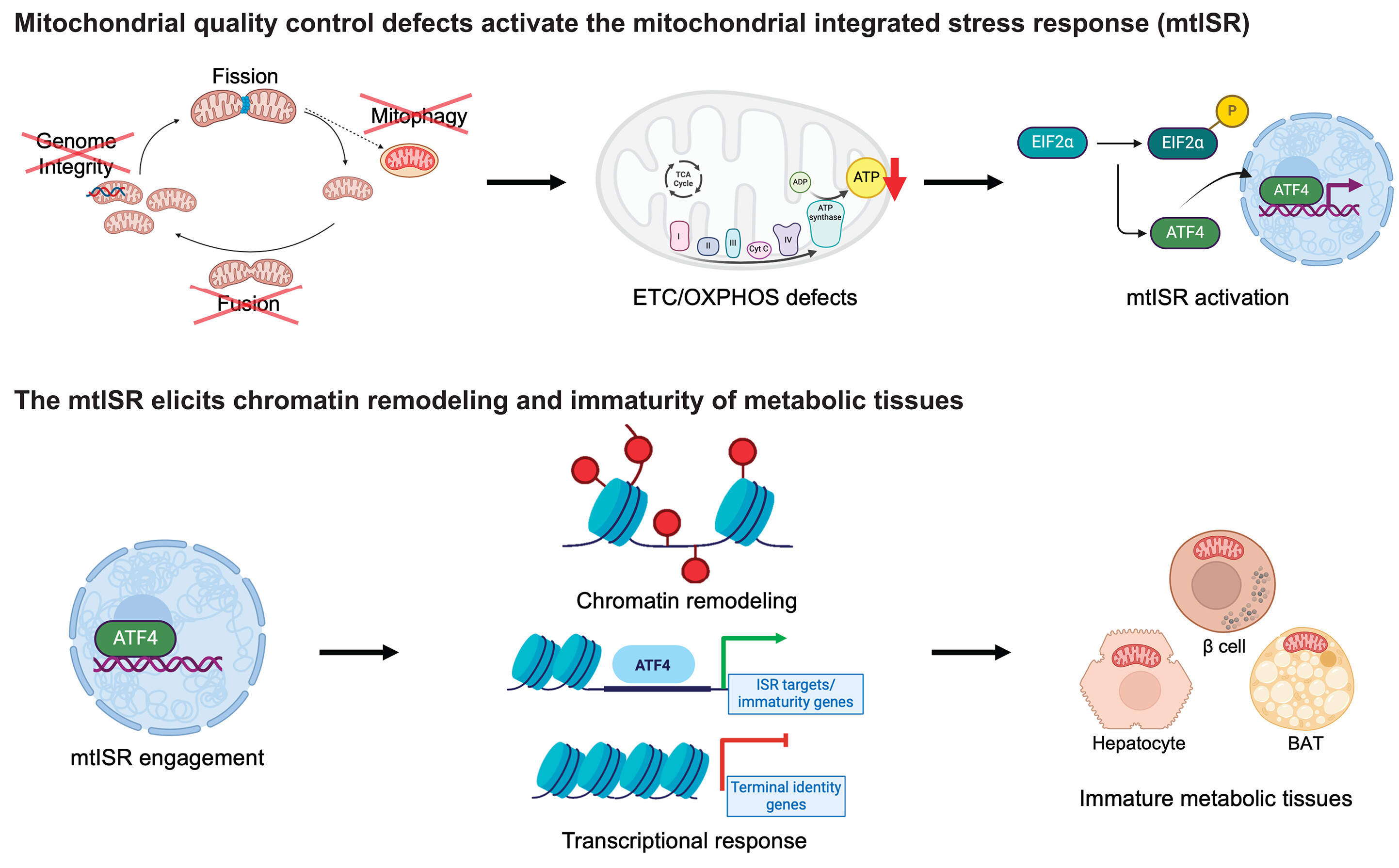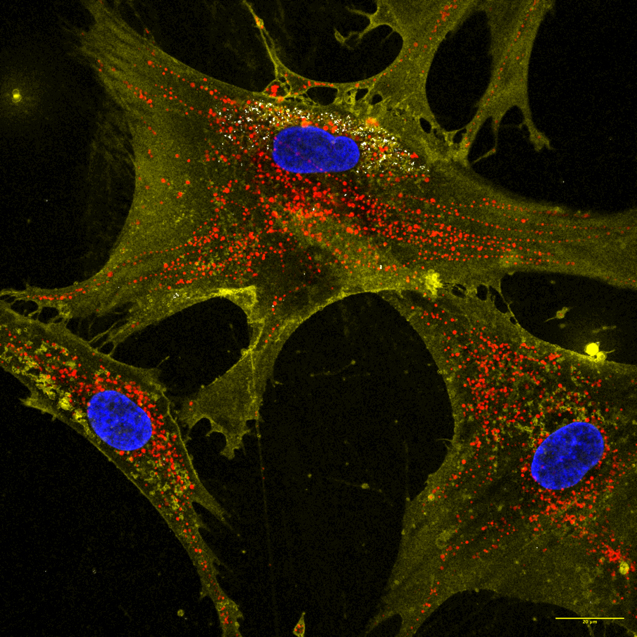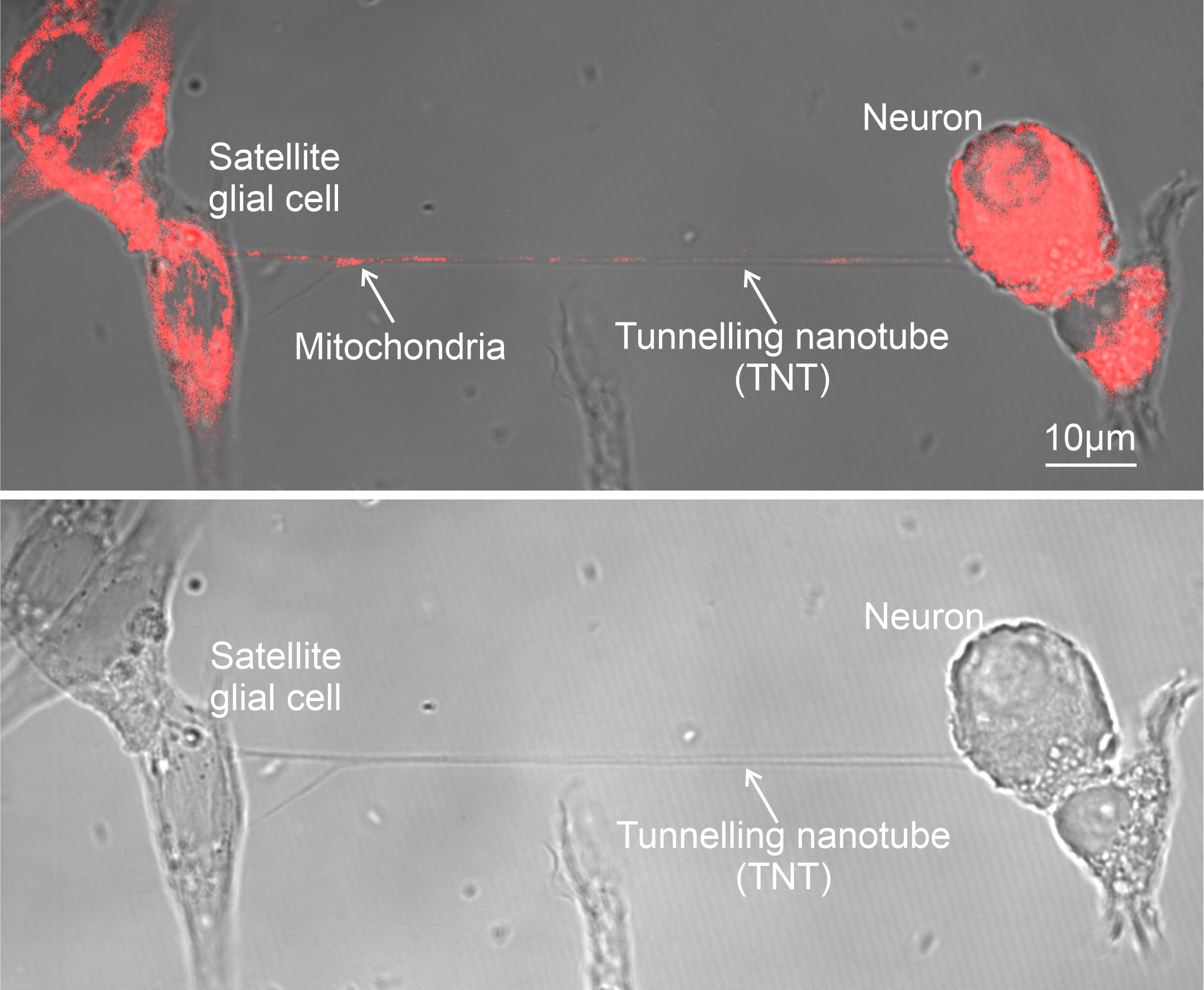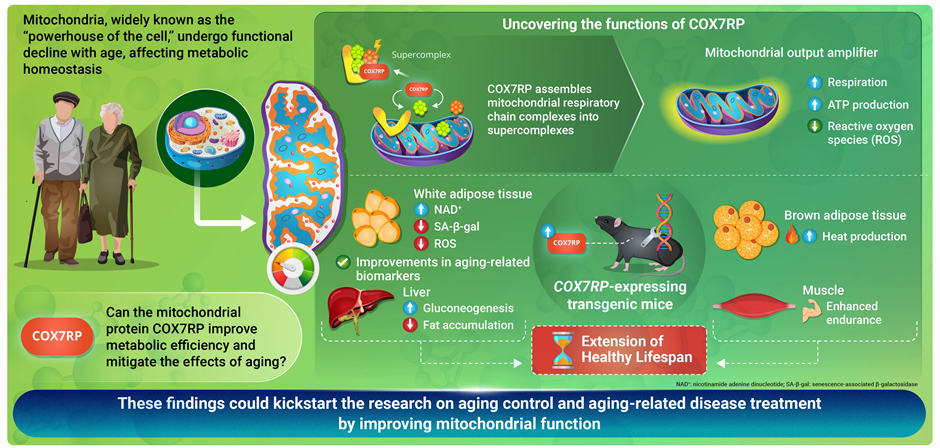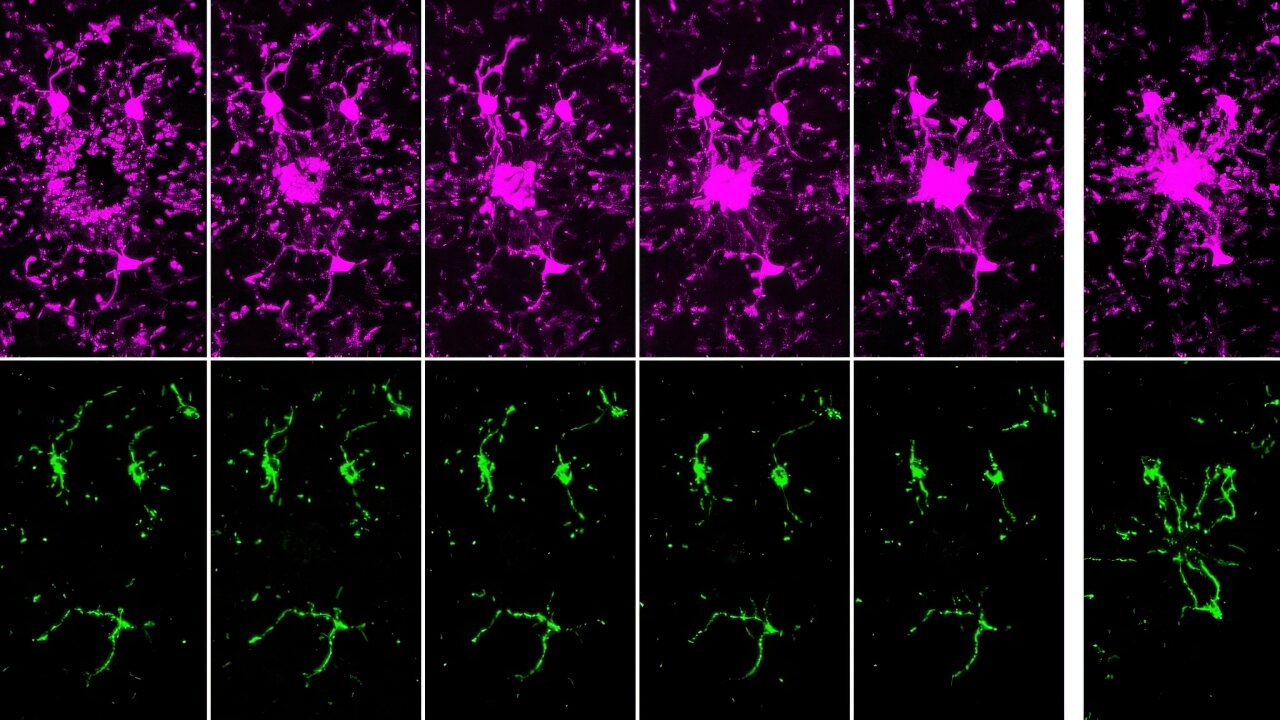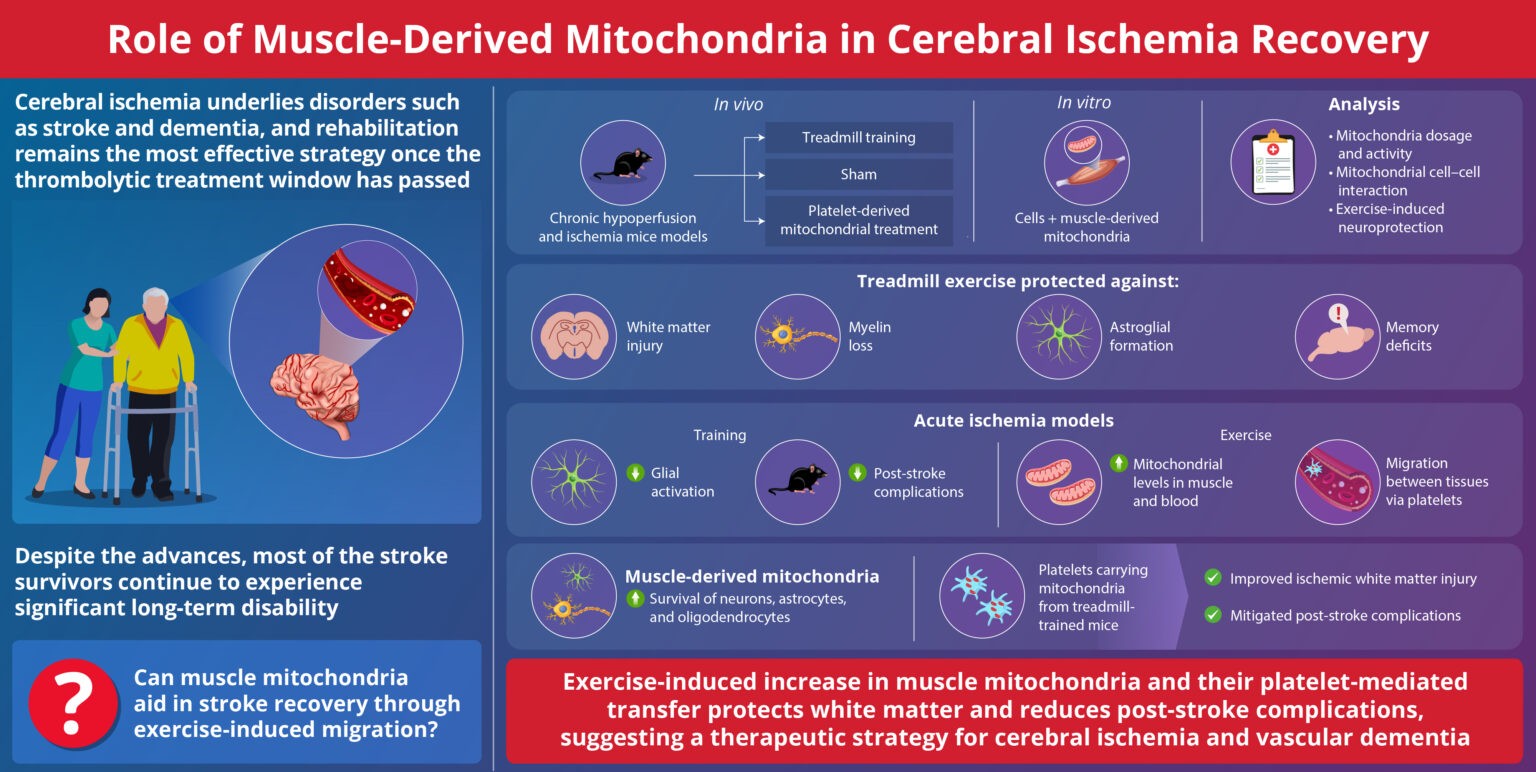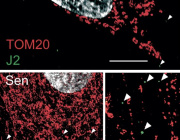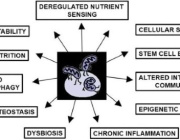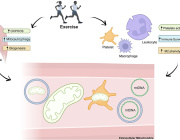Comprehensive Multi-Omics Analysis Reveals Mitochondrial Stress as a Central Biological Hub for Spaceflight Impact
Spaceflight is known to impose changes on human physiology with unknown molecular etiologies.

To reveal these causes, the bioinformatician and principal investigator at KBR/NASA Ames Research Centera group, Dr. Afshin Beheshti, along with a group of scientists used a multi-omics, systems biology analytical approach using biomedical profiles from fifty-nine astronauts and data from NASA’s GeneLab derived from hundreds of samples flown in space to determine transcriptomic, proteomic, metabolomic, and epigenetic responses to spaceflight. According to the conducted research, overall pathway analyses on the multi-omics datasets showed significant enrichment for mitochondrial processes, as well as innate immunity, chronic inflammation, cell cycle, circadian rhythm, and olfactory functions.
However, NASA’s Twin Study provided a platform to confirm several of the researchers' principal findings.
In a nutshell, an intriguing finding happnened: they found evidence of altered mitochondrial function and DNA damage in the urine and blood metabolic data compiled from the astronaut cohort and NASA Twin Study data, indicating mitochondrial stress as a consistent phenotype of spaceflight.
DOI:https://doi.org/10.1016/j.cell.2020.11.002
Click here to view the full article.









